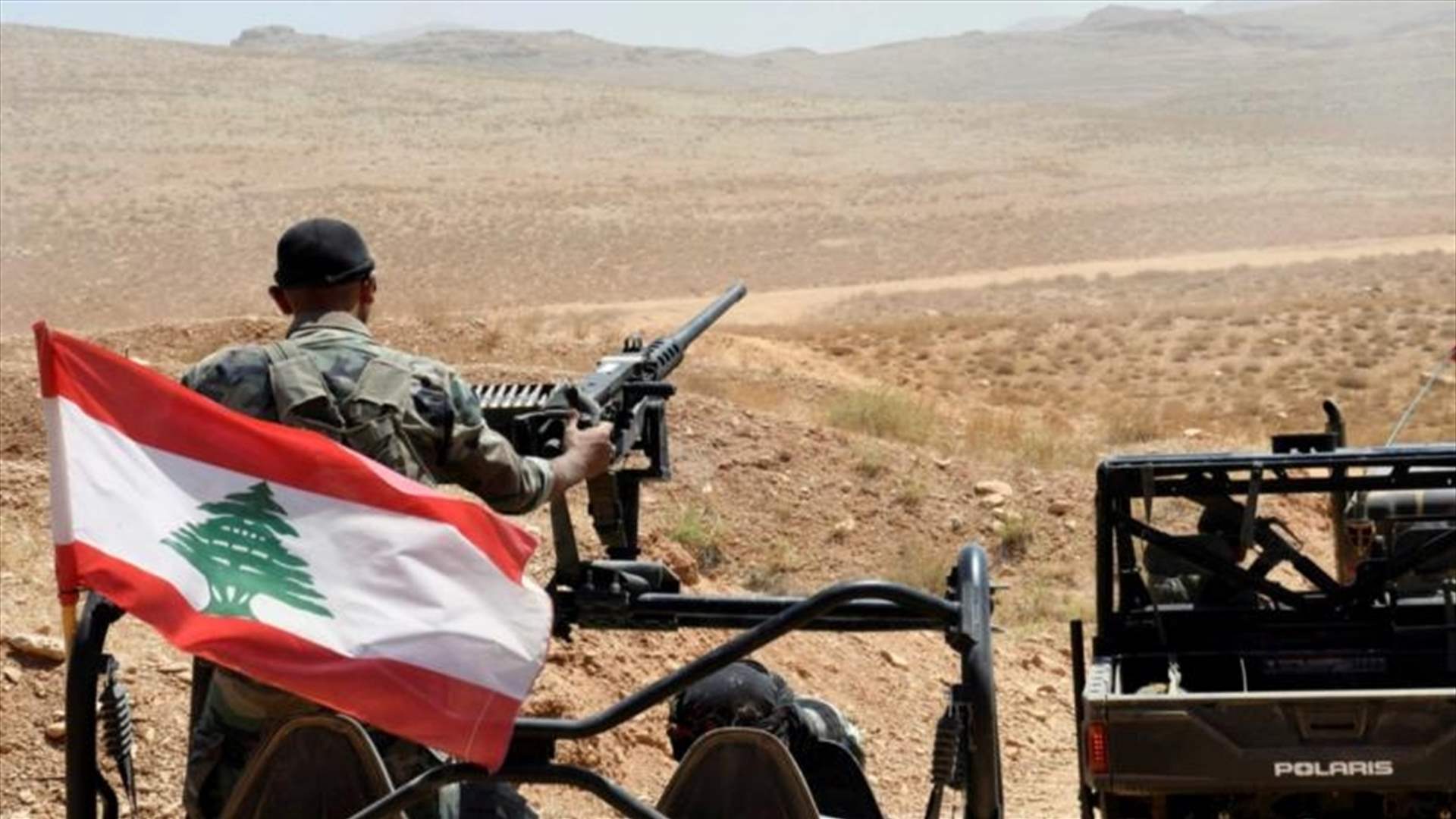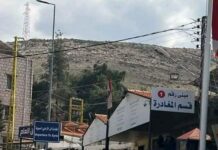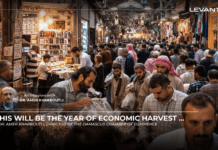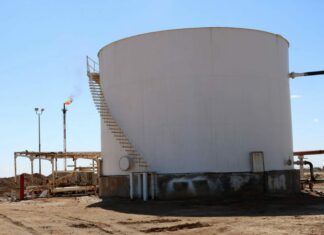
Clashes erupted Friday on the Syrian-Lebanese border, highlighting persistent tensions and the fragile security environment as both nations navigate new realities following the fall of the Assad regime. The confrontations, which left multiple people injured and at least one dead, underscore the urgent need for enhanced cooperation between the Syrian Transitional Government (STG) and Lebanon’s caretaker administration.
Border Clashes & Casualties
The violence unfolded in the Syrian town of Sarghaya, near the Damascus countryside, when Lebanese army forces entered and erected a concrete barrier and earthen berm. Local residents, angered by the obstruction of a critical road connecting Sarghaya to the Lebanese town of Maarboun, confronted the soldiers.
The Lebanese army alleged that Syrians had attempted to open an illegal border crossing using a bulldozer. In a statement posted on X, the army said, “Army personnel fired warning shots into the air, and the Syrians opened fire on army personnel, which led to one of them being injured and a clash between the two sides.”
Voice of the Capital, a local Syrian outlet, reported that the clashes escalated into armed violence, resulting in multiple injuries among residents and one death and three injuries on the Lebanese side. Syrian authorities transferred six wounded civilians to hospitals in Damascus for treatment.
Efforts to Restore Calm
In response to the hostilities, the Syrian Command of Military Operations (CMO) deployed reinforcements to Sarghaya, working under the supervision of a border security leader to mediate a truce. Both the Syrian and Lebanese governments expressed a commitment to de-escalation.
Syrian General Commander Ahmad al-Sharaa and Lebanese caretaker Prime Minister Najib Mikati discussed the incident during a phone call sponsored by Turkish mediators. According to a statement from Mikati’s office, the two leaders emphasized “the need for greater security and diplomatic coordination” and agreed to expedite the formation of joint committees to address border security and facilitate trade and transit.
Al-Sharaa assured Mikati that STG agencies would take “necessary measures to restore calm” and prevent further incidents. He also extended an invitation for Mikati to visit Damascus to strengthen bilateral relations and discuss shared concerns.
Underlying Tensions
The clashes come amid broader tensions along the porous and mountainous 375-kilometer border, which is dotted with six official crossings and numerous unofficial routes, previously used by Lebanese Hezbollah and Iranian-backed militias, under Assad’s rule, to smuggle drugs, fighters, and weapons. The overlapping geography and history of smuggling have long complicated efforts to maintain order in the region.
Following the fall of the Assad regime on December 8, the Syrian Transitional Government has sought to prevent the establishment of illegal transit routes used by criminals, fugitives, and fleeing regime affiliates, including former security officials and military officers. Many of these individuals have sought refuge in Lebanon, contributing to increased security challenges along the border.
Syrian authorities recently imposed new restrictions on Lebanese nationals entering Syria, citing security concerns. At the same time, both nations have faced domestic pressures to address issues of smuggling, cross-border crime, and unresolved territorial disputes.
Path Toward Cooperation
While the clashes highlight lingering instability, the discussions between al-Sharaa and Mikati signal a willingness to address mutual challenges through dialogue. Both leaders have stressed the importance of establishing a joint framework to enhance security and rebuild trust along the border.
The STG has affirmed its commitment to guaranteeing the dignity and freedom of its citizens while pursuing justice against individuals responsible for crimes during the Assad regime. Lebanon has offered to help apprehend war criminals yet is facing its own political and economic turmoil, yet indicated its interest in strengthening ties with Syria’s new administration to address shared concerns and stabilize the region.
A Fragile Transitional Period
As both nations grapple with the aftermath of Syria’s revolution and the fall of the Assad regime, the incident in Sarghaya reminds of the delicate balance required to maintain peace and security. Effective cooperation between Syria and Lebanon will be critical to managing border tensions and supporting broader regional stability.








